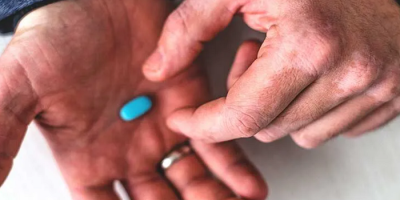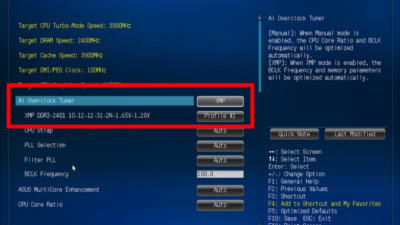Opioids, a class of drugs derived from the poppy plant, are used to treat pain and can be highly addictive. Unfortunately, opioid overdoses have become more and more common in recent years, with an estimated 130 Americans dying from opioid overdose every day. It’s important for everyone to be aware of the signs of opioid overdose so that they can take steps to help those in need.
An opioid overdose is a medical emergency that requires immediate attention. When an individual takes too much of an opioid medication, they can experience a wide range of symptoms, including pale face, clammy skin, limp body, blue-tinged lips or fingers, vomiting, loss of consciousness, and slowed breathing or heart rate. It is important to recognize the signs of an opioid overdose so that immediate medical attention can be sought and opioid overdose treatment can be offered.
Slowed Breathing or Heart Rate
The most common symptom of an opioid overdose is slowed breathing or heart rate. This can be due to an opioid’s depressant effects on the central nervous system. A person experiencing an overdose may have shallow, slow, or irregular breathing, or their breathing may even stop completely. Additionally, their heart rate may slow down or become irregular.
Skin and Body Changes
Other common symptoms of an opioid overdose include pale skin, clammy skin, and a limp body. The person’s skin may be pale or ashen in color, and their skin may feel cold and clammy to the touch. Their body may also feel limp, heavy, and difficult to move. Along with these symptoms, the person may have blue-tinged lips or fingertips due to oxygen deprivation.
Vomiting
Vomiting is another common symptom of an opioid overdose. This can occur due to the opioid’s depressant effects on the digestive system. The person may also experience a loss of consciousness due to the effects of the opioid.
Treating Opioid Overdoses
When it comes to opioid overdoses, the most important thing to remember is that medical attention should be sought immediately if any of the symptoms are observed. An opioid overdose can be a life-threatening emergency, and the person may be at risk of serious harm or even death if left untreated. If you suspect that someone has overdosed on opioids, it is important to call 911 and get medical help as soon as possible. Opioid overdoses can be reversed with the right medical care, but the person may be at risk of serious harm or death if left untreated.
It is also important to be aware of the risk factors for opioid overdose, such as using opioids with other drugs (especially alcohol or benzodiazepines), using high doses of opioids, or having a history of overdose. It is also important to be aware of the warning signs of an opioid overdose and to take steps to prevent an overdose, such as being aware of the signs and symptoms.
It is also important to remember that an opioid overdose can be reversed with the administration of naloxone, a drug that can quickly reverse the effects of an overdose. This medication is available in many states without a prescription and can be administered as an injection or a nasal spray.
Naloxone works by blocking the opioid receptors in the brain, preventing opioids from binding to them and causing respiratory depression. When administered correctly and quickly, naloxone can reverse the effects of an opioid overdose and save a person’s life.
In recent years, the number of states that have adopted laws allowing people to carry and administer naloxone without a prescription has grown steadily. In addition, many states have started offering naloxone training programs, which teach people how to recognize the signs of an overdose, how to properly administer naloxone, and how to provide follow-up care.
Identifying the symptoms of an opioid overdose is important in order to help save lives. It is also important to remember that if someone is struggling with opioid use disorder, there is help available. Treatment options such as counseling, support groups, and medication-assisted treatment can help individuals on their journey to recovery.

















Comments